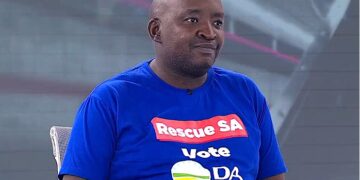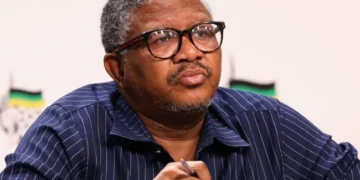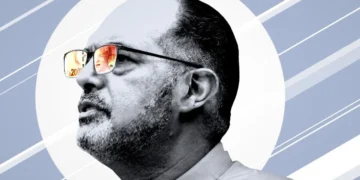Questions people ask about Saving
The Association for Savings and Investment South Africa (ASISA) Foundation talks to
people about money matters throughout the year, in workshops and on our digital platforms.
Below are some of the questions people often ask us about saving. We hope the answers
will help you too. Please note: the names in the letters are not the real names of the people.
Dear Lumka,
I want to save, but I just find it hard to save without feeling like I’m going without. I work hard
and deserve to treat myself to things I enjoy! Is there a way to save but also enjoy my hard-
earned cash? Thanks in advance, Arish!
Dear Arish,
Thanks for getting in touch. I understand how hard it is — you work so hard, but most of your
money goes to things like food and school fees. There’s not much left, and you want to enjoy
that little bit! The good news is, with some planning, you can do both. Start by looking at your
spending: what do you need, and what do you just enjoy? Needs like electricity, transport
and groceries should always come first. Then find one or two things to cut back on — maybe
bring lunch from home instead of buying takeaways. Use that extra money to start saving.
Put it into a savings account where it’s safe and can grow with interest. Saving is just like
paying for any other need — it should happen every month. When you save, you’re choosing
to #PayYourselfFirst and work towards something you really want.
I hope this helps and you start #PayingYourselfFirst!
All the best,
Lumka
Dear Lumka
I always hear people saying you need to save. I always mean to save, but by the time the
month ends, there’s nothing left. How do I actually make saving a priority when I don’t have
anything to save? Can you help? Colin.
Dear Colin
Thanks for your question. This is a common problem that lots of people face. The cost of
living is rising every day, and to cover our basic needs like groceries and taxi fare takes up
almost all our money. But I do have some tips to get you started. The first thing to remember
is that saving should be considered a monthly expense. Just like you need to pay your rent,
you need to #PayYourselfFirst by saving! In fact, it should be at the top of your monthly
budget, rather than the bottom. It’s not a nice-to-have like takeaways, it’s an essential!
But we need to be realistic, so start with a small amount, even R25 a week is a good start.
Next, you need to put your savings somewhere safe, like a separate savings account. This
way, you won’t spend it, and it can grow by earning interest on your interest. Most banks
offer a savings account that is linked to your current account. This makes it simple and easy
to transfer money into your savings account each month.
Good luck and well done for being committed to #PayYourselfFirst!
All the best,
Lumka
Dear Lumka,
I need your help! I’m good at saving… for other people! I’m saving for my kids’ education
and for emergencies, but I’ve never saved for my future. I know it’s important, but how do I
start?
Thanks,
Thato
Dear Thato,
Thank you for your letter, and well done for taking the first step! Since it’s Savings Month and
the theme is #PayYourselfFirst, this is the perfect time to start.
It sounds like your goal is a comfortable retirement, where you don’t have to depend on your
children. That’s a powerful motivation. Start by setting a clear goal and opening a separate
savings account for your future. Most banks offer free savings accounts that earn interest,
which means your money grows slowly over time.
Next, set up a regular payment to transfer a small amount into that account each month,
before you pay your bills. This way, you’re paying yourself first and building a saving habit.
If you want to take it further, consider speaking to a financial adviser. They can help you
explore retirement savings or investment options that match your income and needs.
You’re already doing so well saving for others — now it’s time to do the same for yourself.
All the best,
Lumka


















